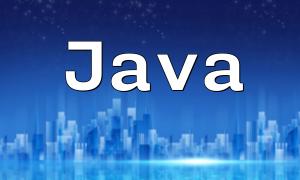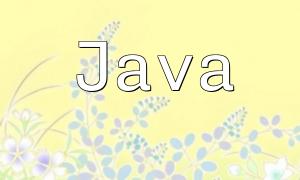In the modern programming world, C language and PHP are two important and distinct programming languages. They each have their own advantages in different application areas. This article provides a detailed comparison between C language and PHP, and analyzes their applications in real-world projects.
C language is a general-purpose programming language, widely used in the development of system software and high-performance applications. Due to its efficiency and flexibility, C is often used in operating systems, embedded systems, and other performance-critical fields. The main characteristics of C language include high execution speed, flexible memory management, and strong library support.
Although C language has many advantages, it also presents some challenges:
Advantages: Fast execution, flexible memory management, strong portability.
Disadvantages: Complex syntax, weak error handling, steep learning curve.
PHP is a server-side scripting language specifically designed for web development. It is widely used in the development of dynamic websites and web applications, and is known for being easy to learn, open-source, and having strong community support.
PHP also has its own strengths and weaknesses:
Advantages: High development speed, good framework support, suitable for rapid web application development.
Disadvantages: May have poor performance under high load, lacks a strict type system.
There are significant differences between C language and PHP from multiple perspectives:
C language is primarily used for system-level programming, whereas PHP focuses on web development. Therefore, when choosing a language, it is important to consider the specific needs of the project.
In terms of performance, C language typically performs better, especially in applications requiring efficient resource management. On the other hand, PHP, with its dynamic scripting nature, offers faster development speeds and is suitable for rapid iteration and prototyping.
For beginners, PHP is easier to pick up and is suitable for developers without much programming experience. C language, on the other hand, has a more complex syntax and stricter logic requirements, which makes it harder to learn.
In real-world projects, the choice between C language and PHP depends on the specific project requirements and the team's technical stack. For example, when developing an efficient operating system, C language would be the best choice. However, for building an e-commerce website, PHP would be the more appropriate language.
Here are some examples of C language and PHP applications in different projects:
// C Language Example
#include <stdio.h>
int main() {
printf("Hello, World!");
return 0;
}// PHP Example
echo "Hello, World!";Overall, both C language and PHP have their strengths and weaknesses, making them suitable for different development scenarios. Developers should choose the appropriate language based on project requirements, team skills, and ease of future maintenance. By leveraging the advantages of both languages, development tasks can be completed more efficiently.









